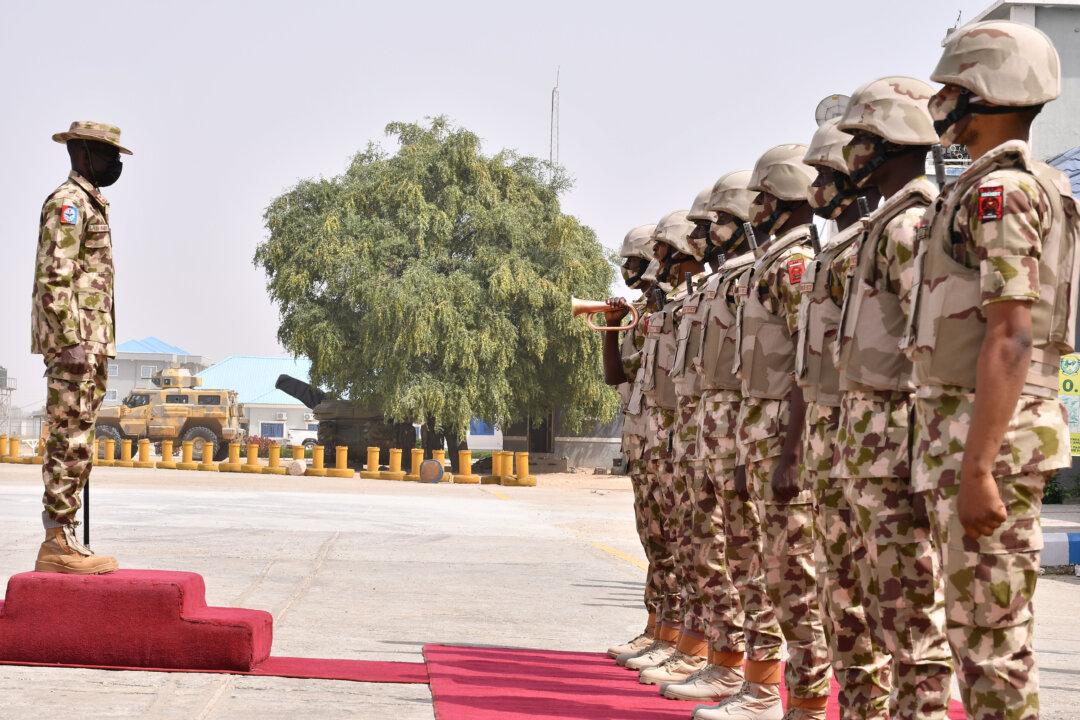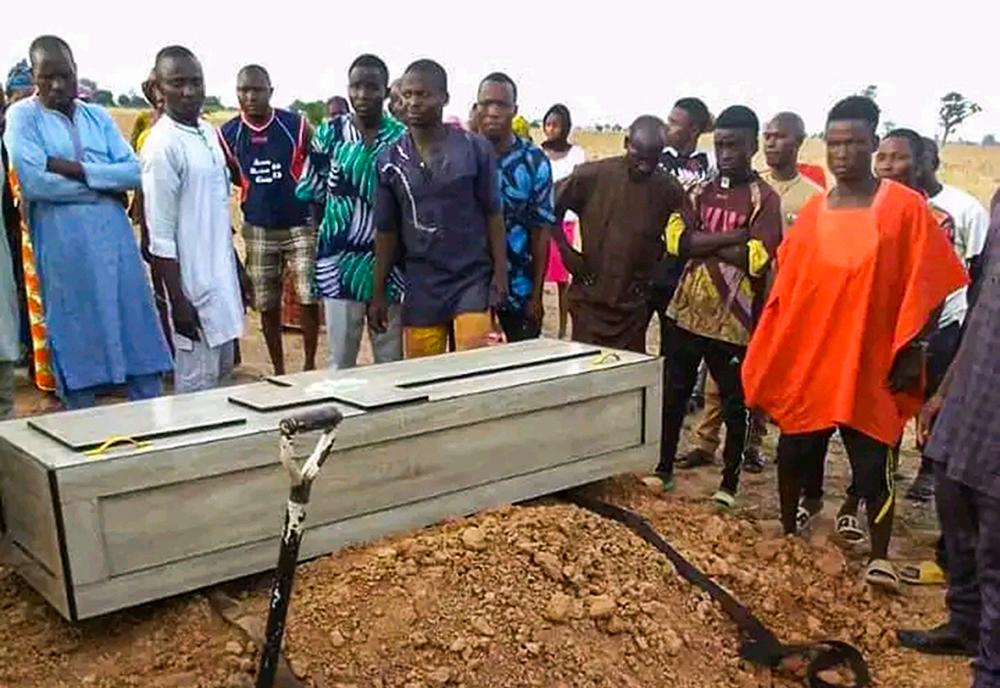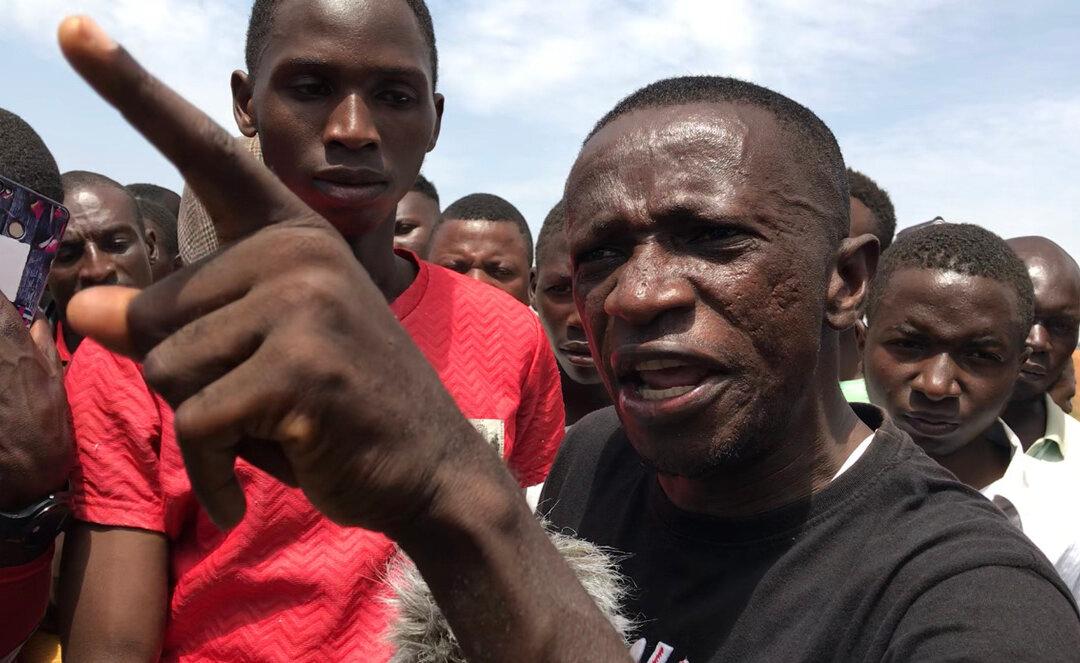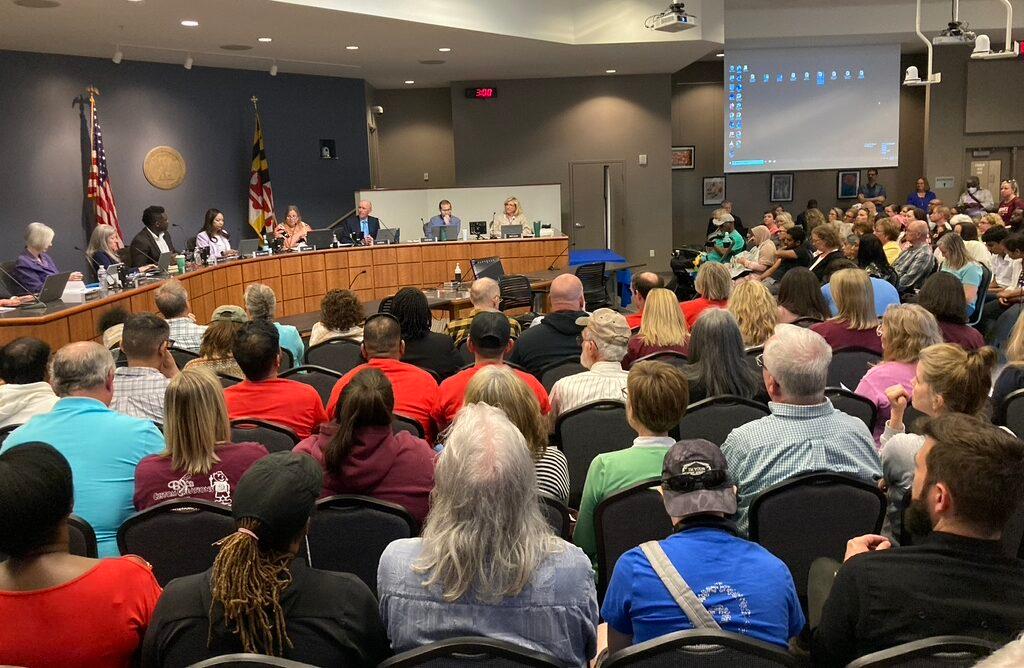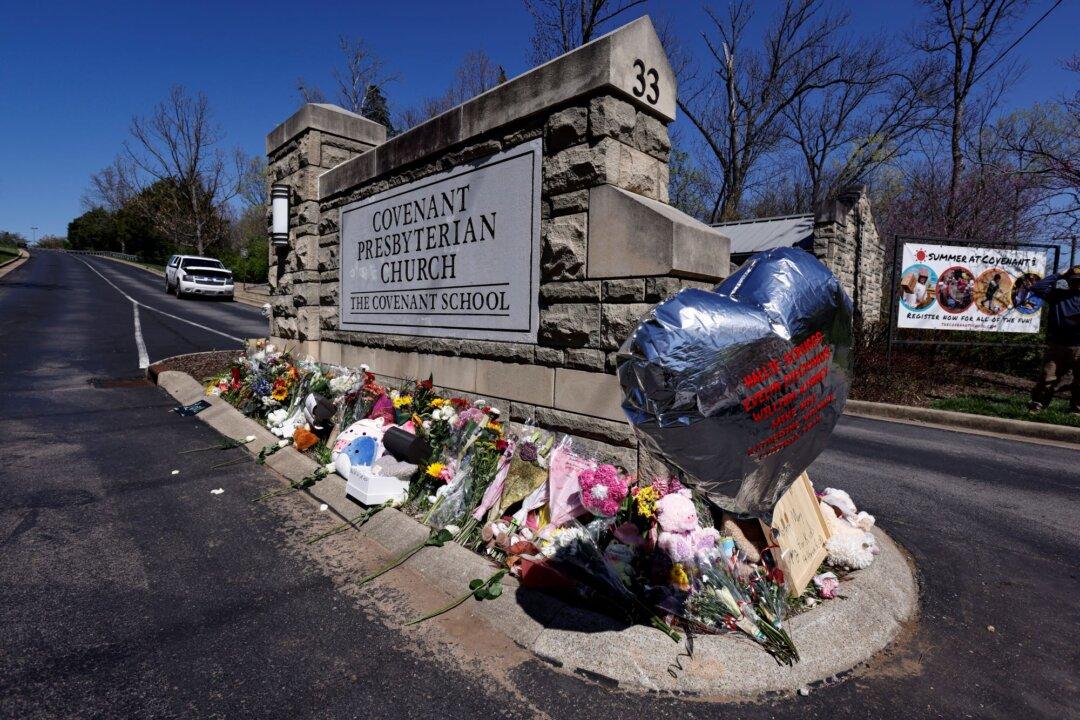The military in Nigeria is scrambling to stop Boko Haram, Islamic insurgents who are aligned with the terrorist group ISIS, from expanding its territory in the northwestern state of Niger, which is already contending with criminal gangs known locally as “bandits,” according to media reports.
Gov. Sani Bello of Niger State has called for an immediate counterattack by the army to dislodge “elements of Boko Haram” that have displaced 3,000 citizens during the past week.
